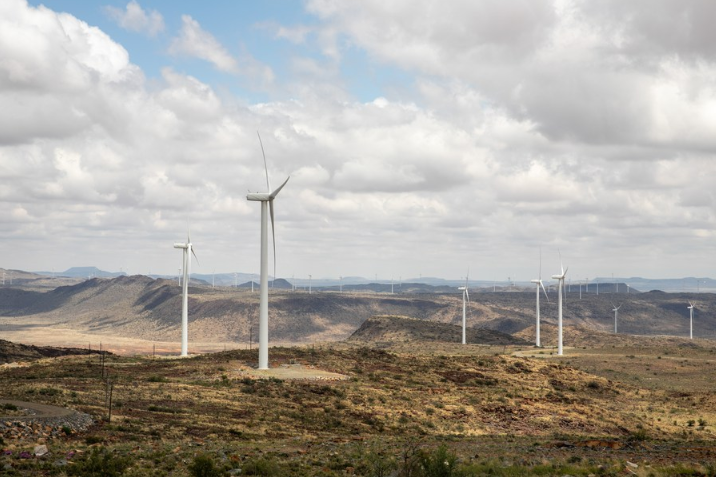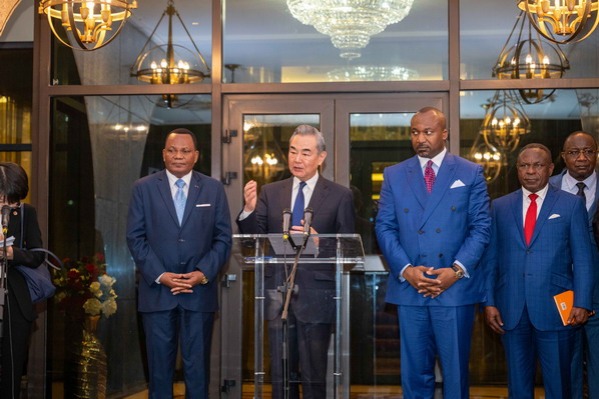Deal clears way for Merkel to stay in charge of Germany


Members of Germany's opposition Social Democrats have voted in favor of joining a grand coalition government, ensuring the chancellor, Angela Merkel, will start a fourth term as national leader.
Sunday's breakthrough ended five months of political deadlock that followed September's national elections.
Merkel, who has led Germany for 12 years, took to Twitter to welcome the news, saying she "looks forward to working together again for the benefit of our country".
The decision to support Merkel was reached in a vote involving 464,000 rank-and-file members of the Social Democrats party, also known as the SPD.
Around 66 percent of those who voted supported the deal, said The Associated Press.
The BBC reported that the center-left party, which had supported Merkel in the previous coalition, had not got behind her following the September election because it had been split, with its leadership wanting to join Merkel's government and its more radical youth wing wanting no part of it.
After the count was announced on Sunday, Olaf Scholz, the SPD's interim leader, said: "Now we have clarity. The SPD will enter the next government."
The BBC said Volker Bouffier, a senior member of Merkel's Christian Democratic Union, said the result was a "good day for the people in our country and positive for the future of Germany".
Merkel and her coalition can now focus on a challenge from the nationalist Alternative for Germany party, which campaigned for reduced immigration. It won a presence in federal parliament for the first time at the September elections and is now the largest opposition party. In the same election, the SPD performed poorly and many younger members blamed the party's previous support of Merkel's Christian Democrats, which had persisted for four years.
Merkel's party also fared poorly in the September election, losing 65 seats. She has been trying ever since to hang on to power by finding partners for a coalition. She recently had unsuccessful talks with both the liberal Free Democrats and the Greens.
As part of the deal with the SPD, Germany's new finance minister will be drawn from the SPD's ranks.
The Guardian said the end to the uncertainty and the fact that new elections will not be needed will be greeted with relief in the European Union and among other economies in the region. It noted that Germany had been without a government for almost six months - the longest such spell in postwar history.
Reuters said Pierre Moscovici, the European commissioner for economic and financial affairs, congratulated the SPD for "their responsible and decisive vote".
Merkel is due to be officially sworn in as the new chancellor on March 14.

































